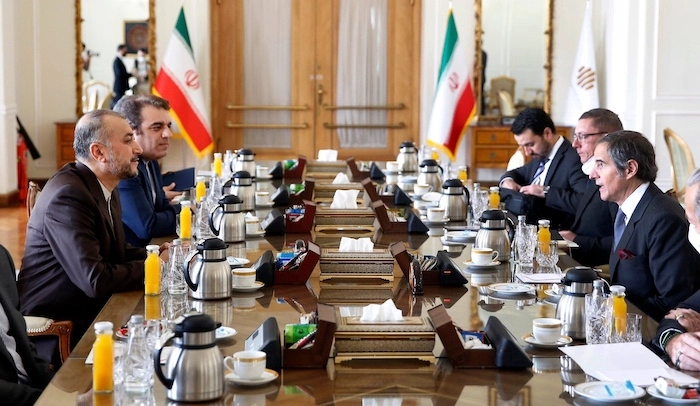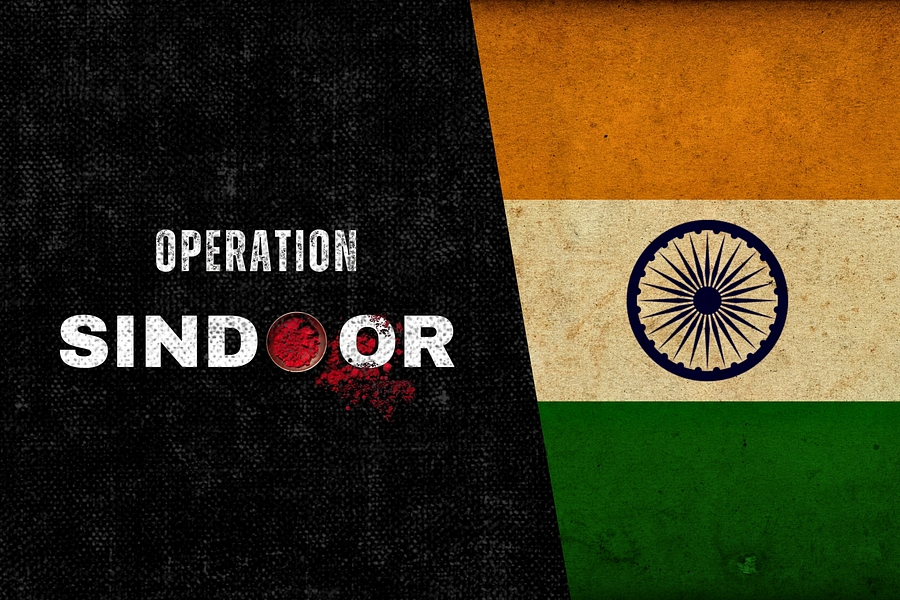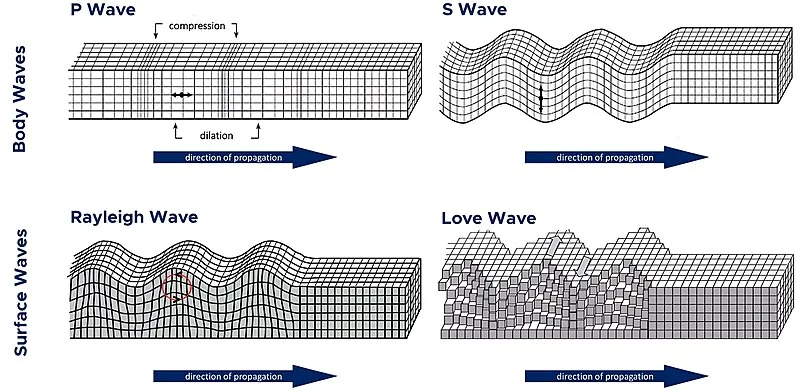July 22nd Current Affairs
Renewed Nuclear talks between Iran and European Nations

Context
On July 21, 2025, Iran announced it would resume nuclear talks with the E3 (Britain, France, Germany) in Istanbul, Turkey, the first diplomatic engagement since the June ceasefire following a 12-day Israel-Iran war, during which the US bombed three Iranian nuclear facilities. The meeting, involving deputy ministers and the EU Foreign Policy Chief Kaja Kallas, focuses on sanction relief and Iran’s peaceful nuclear programme.
Global Precedents
Iran’s nuclear diplomacy is historically shaped by the Joint Comprehensive Plan of Action (JCPOA) signed in 2015 with the P5+1 (China, France, Russia, UK, US, and Germany).
- In 2018, US President Donald Trump unilaterally exited the deal, reinstating sanctions and leading Iran to progressively violate its enrichment limits.
- Recent precedents include EU-brokered talks in 2021–2023 which stalled over Iran’s uranium enrichment and missile programme.
- The “snapback” clause of the JCPOA—allowing the reimposition of UN sanctions—is now being threatened by E3 due to Iran’s non-compliance.
Legal Provisions
- JCPOA (2015): Legally non-binding, but politically and diplomatically significant.
- UN Security Council Resolution 2231: Endorsed JCPOA and includes the snapback mechanism (para 11–12), which allows reimposing sanctions without P5 consensus if Iran is found non-compliant.
- NPT (Non-Proliferation Treaty): Iran is a signatory and claims its nuclear ambitions are peaceful under its rights within NPT framework.
Why This Talks?
- Post-War Diplomacy: Following massive destruction and civilian deaths in June, diplomacy is being revived to avoid escalation.
- Sanction Relief: Iran seeks lifting of sanctions amid economic crisis.
- Prevention of Snapback: Iran wants to avoid triggering UN sanctions if no progress is made by August-end, as hinted by Germany.
- Restoration of Confidence: E3 nations want verifiable proof of peaceful intent to prevent nuclear weaponisation.
Definition of Technical Terms
- E3 Nations: UK, France, and Germany, the three European signatories to JCPOA.
- Snapback Mechanism: A clause in the JCPOA allowing the automatic reinstatement of UN sanctions on Iran if it violates the agreement.
- Enrichment: Process of increasing the concentration of U-235 isotope in uranium; >90% is weapons-grade.
- JCPOA: 2015 deal that placed limits on Iran’s nuclear programme in exchange for economic relief.
Impacts on India and the World
India
- Energy Security: A successful deal may allow resumption of oil trade with Iran, helping India diversify away from Gulf nations.
- Chabahar Port: Stability in Iran helps operationalise this strategic Indo-Iran port project, bypassing Pakistan to access Central Asia.
- Geopolitical Balancing: India must maintain diplomatic neutrality between Israel, the US, and Iran.
Global
- Oil Markets: Sanction relief could lead to increased Iranian oil in the market, easing global oil prices.
- Non-Proliferation Norms: Success of talks will reinforce global confidence in diplomacy over confrontation.
- Middle East Stability: A diplomatic breakthrough can reduce the risk of Iran-Israel conflict escalation.
Challenges
- Trust Deficit: After repeated breaches and US withdrawal from JCPOA, mutual trust is low.
- Internal Political Pressures: Hardliners in Iran oppose Western engagement; similar resistance exists in Western capitals.
- US Role: Though not formally part of these talks, US coordination is crucial. Its past military actions have hardened Iranian positions.
- Verification Issues: Iran’s refusal to give full access to IAEA inspectors complicates transparency.
Way Forward
- Time-Bound Negotiations: Set deadlines for commitments to prevent diplomatic stalling.
- Confidence-Building Measures: Iran could halt uranium enrichment above 60% in return for phased sanction relief.
- Reinforce Multilateralism: Reintegrate the US formally into the negotiation framework.
- Prevent Militarisation: Ensure robust IAEA inspections and technical cooperation for peaceful nuclear energy.
Prelims MCQ
Q. With reference to the Joint Comprehensive Plan of Action (JCPOA), consider the following statements:
- The JCPOA includes a snapback mechanism allowing the reimposition of UN sanctions on Iran for non-compliance.
- The JCPOA is a legally binding international treaty ratified by the United Nations General Assembly.
Which of the above statements is/are correct?
A. 1 only
B. 2 only
C. Both 1 and 2
D. Neither 1 nor 2
Correct Answer: A. 1 only
Explanation:
- Statement 1 is correct: The snapback mechanism is part of the JCPOA, endorsed by UN Security Council Resolution 2231.
- Statement 2 is incorrect: The JCPOA is a political agreement, not a legally binding treaty ratified by the UN General Assembly.
Mains Question
Q. Discuss the significance of the Iran-E3 nuclear talks in the context of international diplomacy, non-proliferation norms, and global security. What are the challenges and opportunities for India arising from these developments? (250 words)





